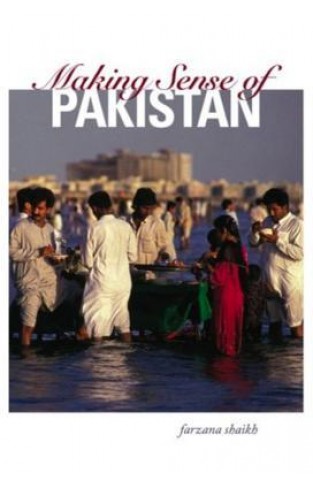Pakistan's transformation from a country once projected as a model of Muslim enlightenment to a state now threatened by an Islamist take over dominates the headlines. Many account for the change by pointing to Pakistan's controversial partnership with the United States since 9/11; others see it as a consequence of Pakistan's long history of authoritarian rule, which has marginalized liberal opinion and left the field open for inroads by the religious right. Farzana Shaikh argues that while external influences and domestic politics have unquestionably shaped the direction of change, the country's social and political decline is rooted primarily in uncertainty about the meaning of Pakistan and the significance of 'being Pakistani'. She shows how this has pre-empted a consensus on the role of Islam in the public sphere, which has encouraged the spread of political Islam. It has also widened the gap between personal piety and public morality, corrupting the country's economic foundations and tearing apart its social fabric. More ominously still, it has given rise to a new and dangerous symbiosis between the country's powerful armed forces and Muslim extremists. They have been rival contenders in the struggle to redefine the meaning of Pakistan but their convergence, enhanced by internal and foreign conflicts, has led to the militarization of society and the Islamization of the military. Drawing on her earlier work on the origins of Pakistan, Shaikh demonstrates how the culture and ideology that constrained Indo-Muslim politics in the years leading to Partition in 1947 have left their mark on the country. In this broad yet discriminating study, these insights from history are skilfully deployed to better understand Pakistan's troubled present.












